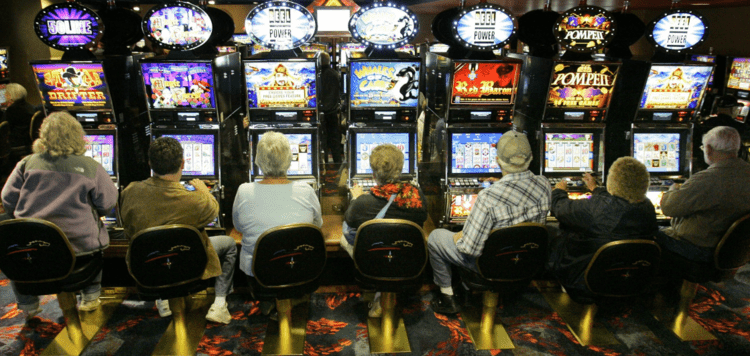The Random Number Generator (RNG) is a technological chip that gets the reels spinning to form random winning combinations that no one can predict.
How Slot Machines Are Programmed
Slot machines are a staple of casinos and online gambling establishments, but few people know how they work. They can be complex to understand, but the basic rules are simple: put money into the slot, spin the reels, and win!
In modern slot machines, RNG uses a computer algorithm to generate 100% random and independent numbers for the pay lines and symbols displayed. This allows slot machines to offer a completely fair and random gaming experience, unlike traditional casino table games.
The RNG is also a great way for casinos to ensure that the odds of winning are consistent and high. If a slot has a good payout rate, it’s likely that the slot will stay popular with players.
Despite popular belief, there is no way for a casino to alter the odds of a machine without replacing the computer chip. That’s because the odds are built into the chip itself.
Some casinos even go as far as to make it illegal for a casino to change the odds of a slot machine without changing the program on the computer chip. This is to protect the player from scams that might try to fool them into playing machines with low payouts.
Aside from the RNG, slot machines are also governed by several other factors. These include payout percentages, the odds of triggering a bonus game, and the chance of a near miss.
These are the basic components of a slot game and are largely influenced by the theme. For instance, classic slots have symbols that reflect a specific aesthetic, location, or character. They may also feature bonus features such as free spins, wilds, and scatters.
There are also many different types of slots, with varying amounts of volatility. A low variance slot is less risky, while a high variance slot has higher risks but can have larger payouts.
The Random Number Generator in the center of each slot machine determines the outcome of each spin. It is important to note, however, that a previous game round cannot affect the outcome of your next spin.
In addition to this, the odds are also based on the number of coins inserted into the machine. This is because a low-volatility slot requires the player to place fewer coins into the machine than a high-volatility slot, which can help the player increase their chances of winning.
Aside from these basic features, a slot machine can have many additional features that make it more exciting and rewarding to play. These include a multiplier, a near miss, and nudges that can move the winning combination up or down just a little bit to boost the chance of winning.
While these features are fun and exciting, they can also increase the chances of a player losing their cash. The best way to avoid these situations is to be aware of the rules and know when to stop betting. A good rule of thumb is to keep your bankroll low, and choose a machine that offers a reasonable payout rate.
